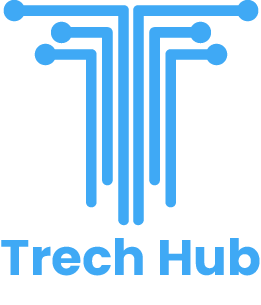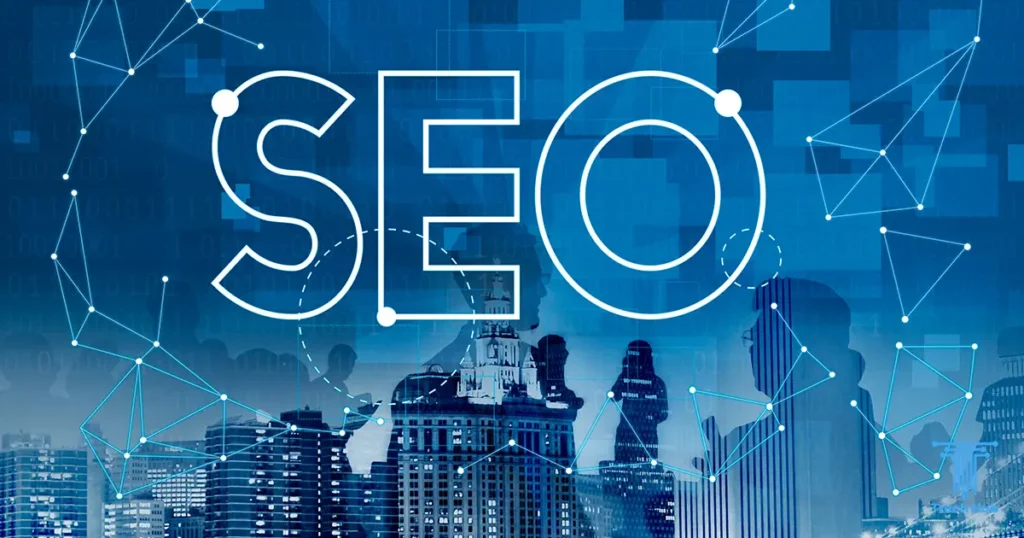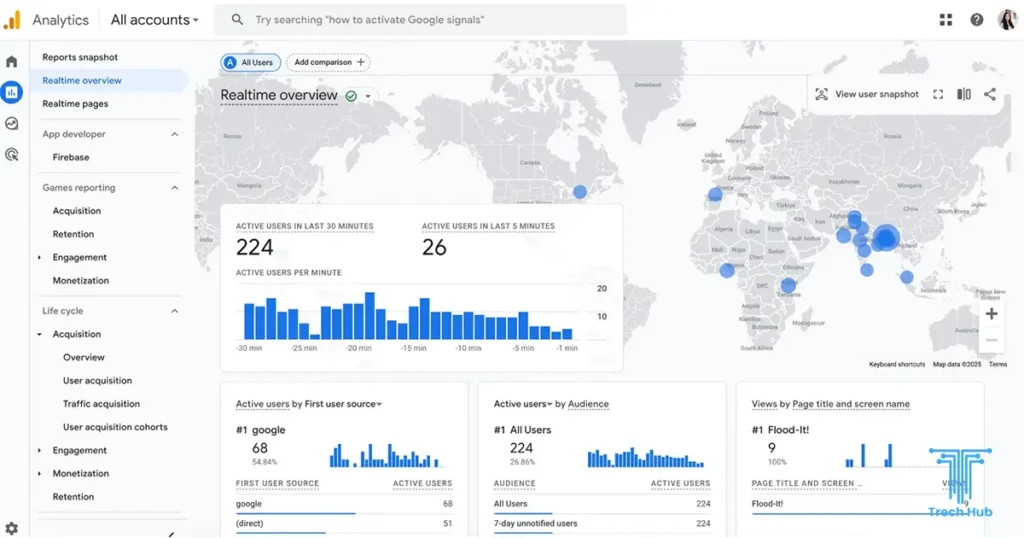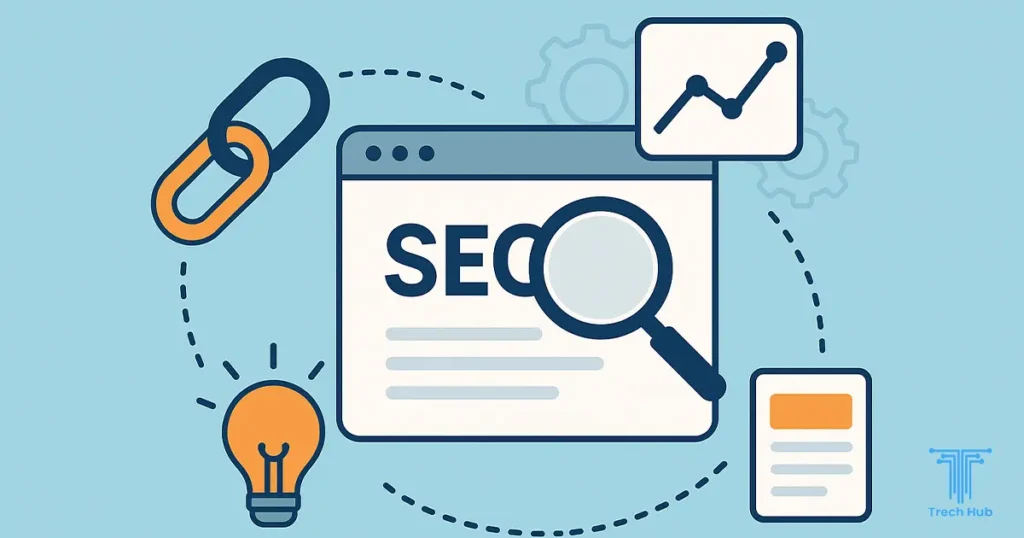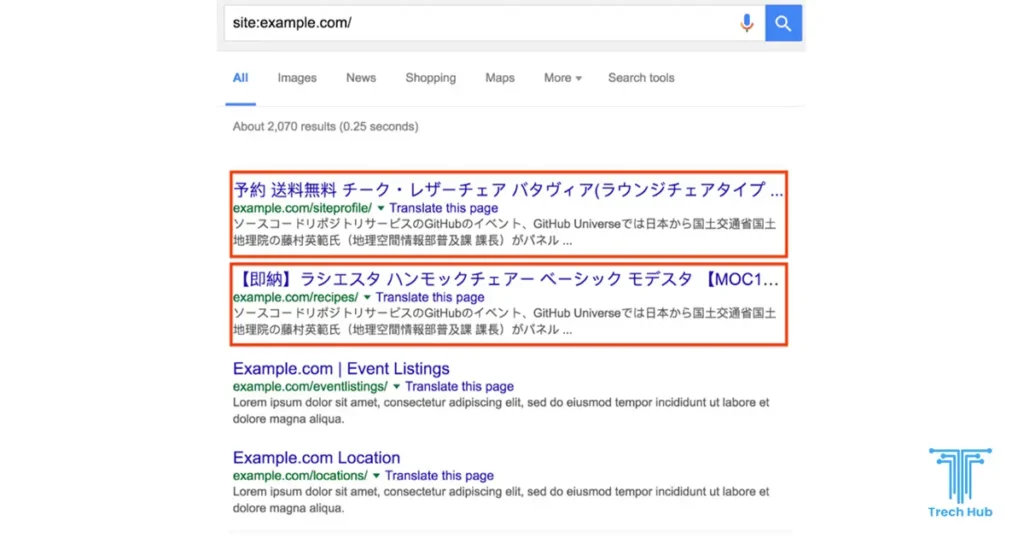In today’s fast-paced digital world, search engine optimization (SEO) has become more complex and competitive than ever before. With Google constantly updating its algorithms and users demanding instant, personalized experiences, businesses need smarter solutions to stay ahead. This is where Artificial Intelligence (AI) comes in. AI has not only changed the way search engines rank content but also how marketers approach optimization.
In this article, we’ll explore the most effective AI SEO strategies for 2025 and beyond—helping you boost your rankings, streamline your efforts, and achieve sustainable online growth.
Why AI Matters in SEO
AI technologies such as machine learning, natural language processing (NLP), and predictive analytics are reshaping the digital marketing landscape. Google’s algorithms, including RankBrain and BERT, already use AI to interpret search intent and deliver relevant results.
For businesses, this means SEO is no longer just about keywords and backlinks—it’s about creating value, optimizing for user experience, and leveraging AI tools to gain insights faster than competitors.
Some of the key advantages of AI in SEO include:
- Data-driven decision-making: AI can analyze massive datasets in seconds, helping you understand what works and what doesn’t.
- Personalization: Tailor your content to specific audiences based on behavioral insights.
- Automation: Automate keyword research, technical SEO audits, and content optimization.
- Predictive analysis: Forecast trends and adjust strategies before your competitors catch up.
Top AI SEO Strategies for 2025
1. AI-Powered Keyword Research
Traditional keyword research often relies on manual searches and guesswork. With AI-driven tools like Semrush, Ahrefs, SurferSEO, and Clearscope, marketers can uncover hidden keyword opportunities by analyzing search intent, semantic relevance, and competition in real time.
AI doesn’t just find keywords—it suggests clusters of related terms that align with how people naturally search. For example, instead of targeting “best laptops,” AI can reveal long-tail opportunities such as “best laptops for remote work in 2025.”
Pro tip: Use AI to map out topic clusters instead of chasing single keywords. This helps search engines see your site as an authority in a specific niche.
2. Content Optimization with NLP
Google’s algorithms are getting smarter at reading content like humans. AI-powered Natural Language Processing (NLP) ensures that your content aligns with user intent and semantic search.
Tools like SurferSEO, Frase, and MarketMuse analyze top-ranking pages and suggest improvements—such as word count, topic coverage, and readability scores.
To optimize your content with NLP:
- Cover related subtopics and FAQs.
- Use structured data to improve context.
- Write naturally, focusing on answering questions rather than keyword stuffing.
Pro tip: Run your articles through an AI-powered optimizer before publishing. This ensures that your content matches what search engines are rewarding.
3. Voice Search Optimization
With the rise of smart assistants like Siri, Alexa, and Google Assistant, voice search is exploding. By 2025, more than 50% of online searches are expected to be voice-based.
AI-driven SEO strategies for voice search focus on conversational queries and long-tail keywords. For example, instead of typing “weather Madrid,” users might ask, “What’s the weather like in Madrid today?”
To prepare for voice search:
- Use question-based headings (e.g., “How does AI improve SEO?”).
- Optimize for local SEO, since voice searches often involve “near me” queries.
- Ensure your site loads fast and is mobile-friendly.
4. AI-Enhanced User Experience (UX)
Search engines prioritize user experience signals like bounce rate, dwell time, and click-through rate. AI helps optimize UX by analyzing user behavior and suggesting improvements.
For instance, heatmap AI tools like Hotjar and Crazy Egg track where users click, scroll, or drop off. With this data, you can adjust layouts, improve navigation, and increase engagement.
Pro tip: Use AI to personalize content recommendations for visitors. This increases session duration and signals to Google that your site offers value.
5. Predictive SEO with AI
One of AI’s greatest strengths is prediction. Predictive SEO uses AI to forecast trends, keywords, and content performance.
For example, tools like BrightEdge analyze search patterns and suggest what topics will gain traction before they peak. This allows you to publish content ahead of demand, positioning your brand as a leader.
Pro tip: Pair predictive SEO with seasonal campaigns. If AI suggests a spike in searches for “eco-friendly packaging” next quarter, publish optimized content before competitors.
6. Automated Technical SEO Audits
Technical SEO is critical but time-consuming. AI tools like Screaming Frog, DeepCrawl, and Sitebulb automate audits, scanning your site for:
- Broken links
- Duplicate content
- Crawl errors
- Page speed issues
- Schema markup problems
AI then prioritizes fixes based on potential SEO impact, saving you time and resources.
Pro tip: Schedule regular AI-driven audits to ensure your site stays compliant with Google’s evolving guidelines.
7. AI for Link-Building Insights
Backlinks remain a cornerstone of SEO, but acquiring them naturally is challenging. AI can identify:
- Which sites are likely to link to your content.
- Competitor backlink profiles.
- Opportunities for broken link building.
Tools like Linkody and Majestic now use AI to analyze backlink quality and detect potentially harmful links. This prevents penalties while strengthening your link profile.
8. Content Creation with AI Assistance
AI-powered writing tools such as ChatGPT, Jasper, and Copy.ai are revolutionizing content creation. While AI shouldn’t replace human creativity, it can:
- Generate first drafts.
- Suggest headlines and meta descriptions.
- Repurpose existing content into new formats (e.g., blogs into LinkedIn posts).
Pro tip: Always humanize AI-generated content. Add insights, examples, and a unique brand voice to make it authentic.
The Future of AI in SEO
As AI technology evolves, SEO strategies will continue to shift toward hyper-personalization, automation, and intent-driven content. Search engines will reward brands that deliver value, authority, and trustworthiness.
At Trech Hub, we believe the key to success lies in combining AI efficiency with human creativity. AI provides the data, but it’s your team’s expertise that transforms those insights into compelling, user-friendly content.
Final Thoughts
AI is not here to replace SEO professionals—it’s here to make them more effective. By embracing AI SEO strategies such as predictive analysis, NLP optimization, voice search readiness, and automated audits, businesses can future-proof their online presence.
The question is no longer whether to adopt AI for SEO but how quickly you can implement it before competitors take the lead.
👉 Ready to unlock the power of AI SEO strategies for your business? At Trech Hub, we specialize in ethical, AI-driven SEO that delivers long-term growth. Contact us today to start building smarter strategies for the future of search.
